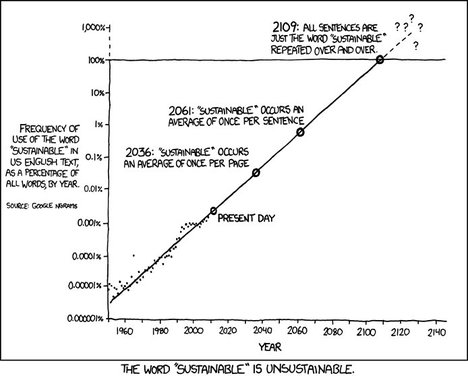(p. C6) At the close of his presidency in 1999, Nelson Mandela praised Mohandas Gandhi for believing that the “destiny” of Indians in South Africa was “inseparable from that of the oppressed African majority.” In other words, Gandhi had fought for the freedom of Africans, setting the pattern for his later effort to liberate India from British rule.
Nothing could be more misleading. Gandhi’s concern for the African majority — “the Kaffirs,” in his phrase — was negligible. During his South African years (1893-1914), argue Ashwin Desai and Goolam Vahed in “The South African Gandhi,” he was far from an “anti-racist, anti-colonial fighter on African soil.” He had found his way to South Africa mainly by the accident of being offered a better job there than he could find in Bombay. He regarded himself as a British subject. He aimed at limited integration of Indians into white society. Their new status would secure Indian rights but would also acknowledge white supremacy. In essence, he wanted to stabilize the Indian community within the stratified system that later became known as apartheid.
. . .
“The South African Gandhi” deals comprehensively with Gandhi’s decisive two decades in South Africa. It complements Perry Anderson’s “The Indian Ideology” (2013), which explains how Gandhi later treated the Dalits, or Untouchables, much as he had dealt with black Africans.
For my taste, the book’s tone is too academic, but the authors use sound evidence and argue their case relentlessly–Gandhi’s vision did not include the majority of the people in South Africa, the Africans themselves.
For the full review, see:
WM. ROGER LOUIS. “Gandhi the Imperialist.” The Wall Street Journal (Sat., Jan 9, 2016): C6.
(Note: ellipsis added.)
(Note: the online version of the review has the date Jan 10, [sic] 2016, and has the title “Gandhi the Imperialist – Book Review.”)
The book under review, is:
Desai, Ashwin, and Goolem Vahed. The South African Gandhi: Stretcher-Bearer of Empire. Stanford, CA: Stanford University Press, 2015.


